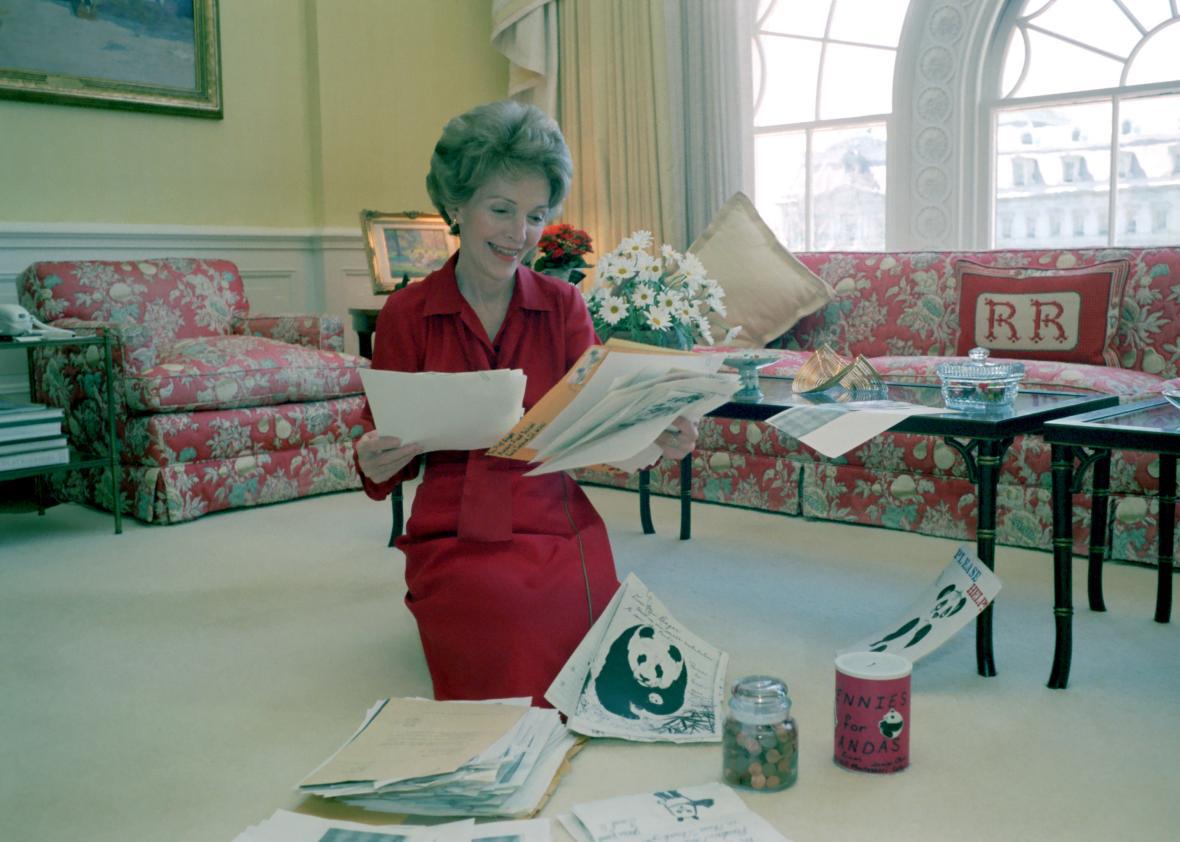A set of decades-old psychological experiments on the nature of human willpower has spawned a whole field of investigation (and a best-selling popular-science book), writes Daniel Engber. The problem? Recent attempts to replicate the results of these experiments, which inspired psychologists and seemed intuitively correct to laypeople, have failed.
“It now appears that ego depletion could be completely bogus, that its foundation might be made of rotted-out materials,” Engber reports. “That means an entire field of study—and significant portions of certain scientists’ careers—could be resting on a false premise. If something this well-established could fall apart, then what’s next? That’s not just worrying. It’s terrifying.”
Today in Supreme Court news: The justices reversed an Alabama Supreme Court decision refusing to recognize the validity of a same-sex adoption granted in Georgia. “The case reflected all the ways in which custodial rights for same-sex couples will continue to be a fraught and complicated issue in the state courts, even with the question of same-sex marriage resolved last term,” writes Dahlia Lithwick.
Jacob Weisberg writes Slate’s obit for Nancy Reagan, remembering a First Lady who might have appeared “vain and cosseted” to the outside eye but who was “ultimately much more concerned with her husband’s reputation than with her own … she proved the most effective keeper and promoter of it over the course of his political career.” Ronald Reagan’s ironclad reputation among conservatives today, Weisberg argues, is in large part Nancy Reagan’s legacy. (Meanwhile, Reagan obituaries published in the Washington Post and the New York Times drew fire from conservatives.)
In Caroline Fraser’s interview with William Anderson, editor of the new Selected Letters of Laura Ingalls Wilder, Anderson recalls his past conflicts with Wilder’s daughter Rose Wilder Lane: “She was so adamant, like a fanatic, that everything in those books was true and that nobody would suggest there was any fictionalizing done.” (Here’s one telling Wilder-Lane interaction that you can read for yourself.)
For fun: Use this interactive map to track appearances of any keyword in American newspapers published between the 1830s and 1920s.
Spending too much time on this,
Rebecca
